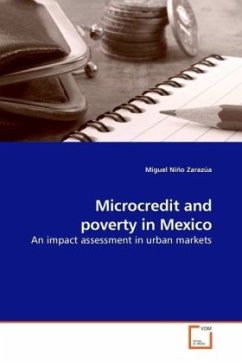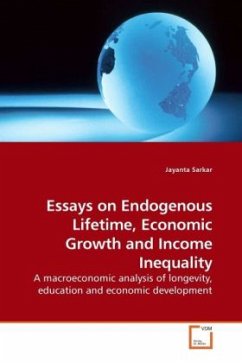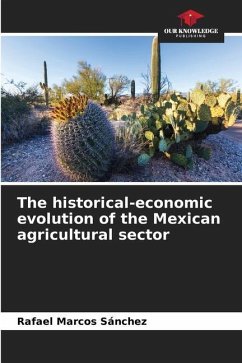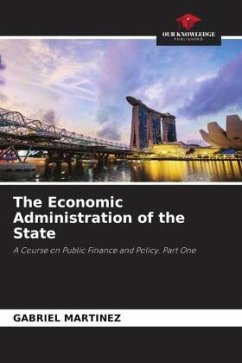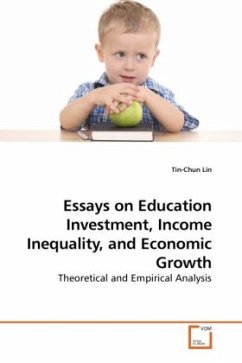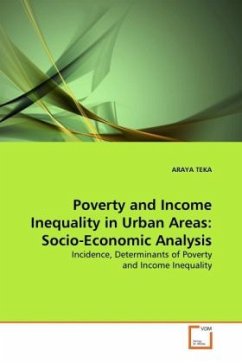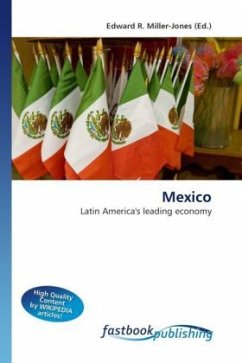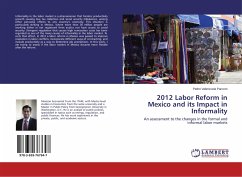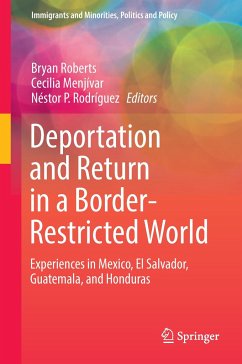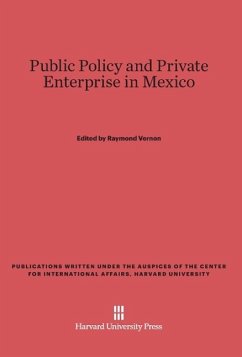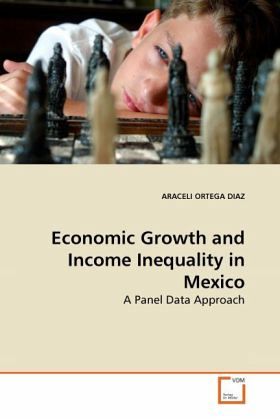
Economic Growth and Income Inequality in Mexico
A Panel Data Approach
Versandkostenfrei!
Versandfertig in 6-10 Tagen
45,99 €
inkl. MwSt.

PAYBACK Punkte
23 °P sammeln!
The relationship between economic growth and income distribution is a controversial topic. When making economic policies, governments are interested in fostering economic growth, but in doing so, they may face the possibility that growth may increase income inequality due to mechanisms of wealth appropriation. However, if governments tackle income inequality; economic growth may slow, due to linkages of resources to boost the economy in the short run, leading to welfare loss. This trade-off between income inequality and economic growth has prompted many researchers to explore sources of income...
The relationship between economic growth and income distribution is a controversial topic. When making economic policies, governments are interested in fostering economic growth, but in doing so, they may face the possibility that growth may increase income inequality due to mechanisms of wealth appropriation. However, if governments tackle income inequality; economic growth may slow, due to linkages of resources to boost the economy in the short run, leading to welfare loss. This trade-off between income inequality and economic growth has prompted many researchers to explore sources of income inequality, and the channels through which inequality affects economic growth. This study is a country case study that looks into the within country inequalities in contrast with most studies that do cross country analysis. This book explores in a detailed manner, using panel data econometric techniques, how income inequality and economic growth have been related through 1960 to 2002 in Mexico.



